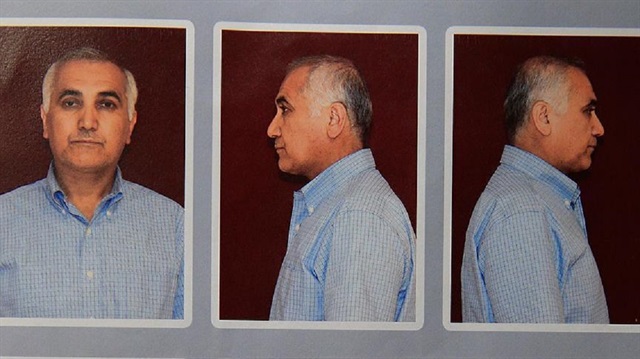
Device could have proved Adil Öksüz as one of leading perpetrators in defeated coup attempt, experts say
A GPS device found on a high-ranking member of the Fetullah Terrorist Organization (FETÖ) could have been a significant piece of evidence against plotters of July 15 foiled coup, IT specialists told Anadolu Agency.
The device was found on Adil Öksüz, a former assistant professor at Sakarya University in Turkey, and who is currently wanted by Turkish authorities for being a leading member of the Fetullah Terrorist Organization (FETÖ) that is accused of carrying out the failed coup.
Suspected of being the "imam of the air forces," Oksuz was detained for his link to FETÖ.
He was released, however, due to lack of evidence after being sent to the court following prosecutors requesting his arrest.
Shortly thereafter, a flash drive-size GPS device was found hidden inside the toilet of a police station where Oksuz was held under surveillance for two days. The device was held under police record.
Later, however, Oksuz disappeared, taking the device with him.
IT experts told Anadolu Agency the GPS device could have been a crucial part of the evidence proving his involvement as one of the leaders of the attempted overthrow that left 240 people martyred and nearly 2,200 injured.
"If the GPS device on him had been seized and examined, the exact positions of Öksüz could have been known," said Ilker Tabak, chairman of Informatics Association of Turkey (TBD).
Tabak said Oksuz might have recorded on the GPS the coordinates of military units and the assembly areas as part of plotting the failed coup.
Therefore, the device would be concrete evidence if Öksüz was arrested and jailed pending trial, he noted.
Turkey's government has said the defeated coup was organized by followers of Fetullah Gulen and his FETÖ network.



